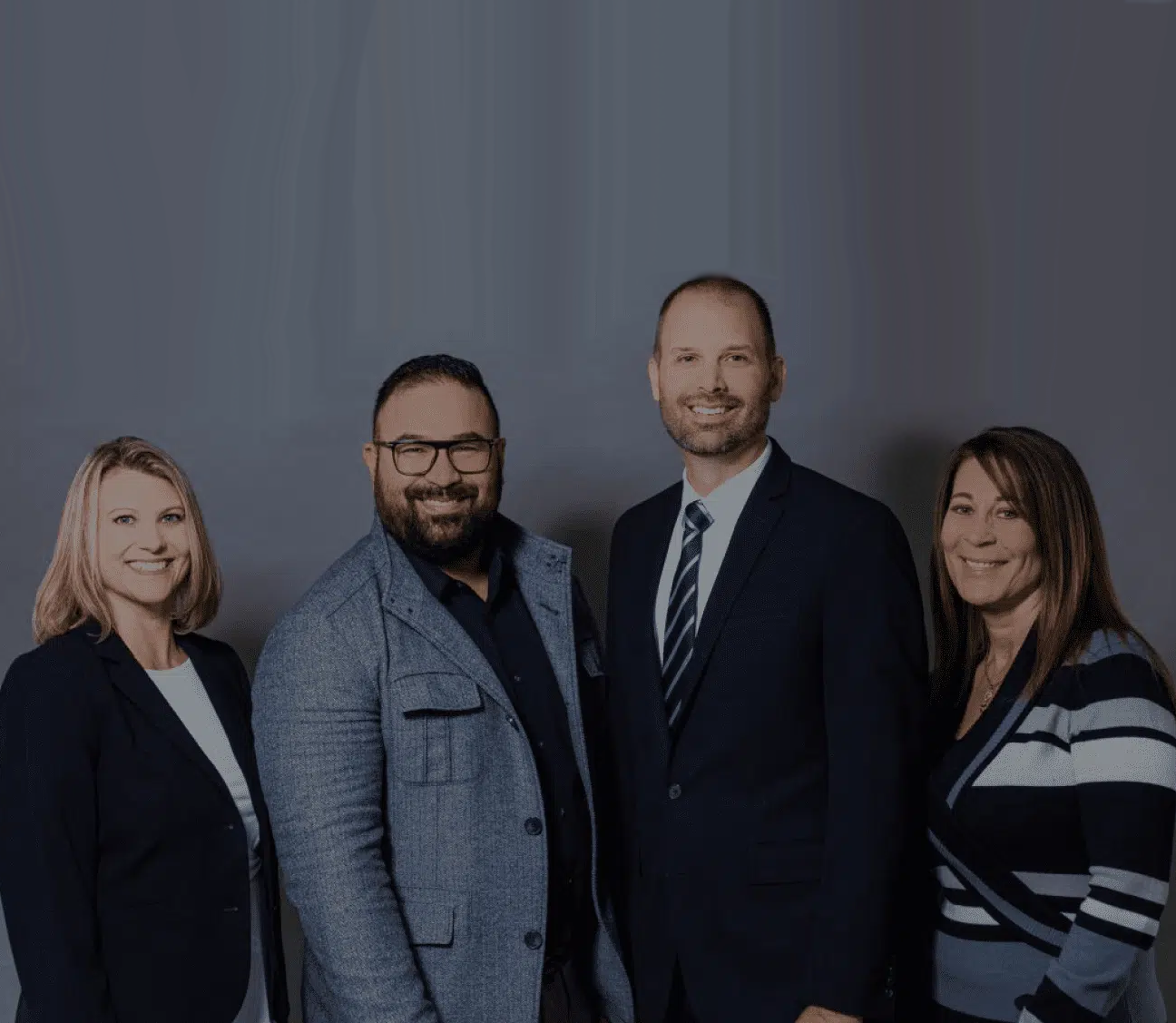Trucking companies have been using technology to monitor their drivers for years. One of the most controversial forms of technology is the driver-facing camera. These cameras are installed in the cab of the truck and record the driver’s actions while they are on the road. The purpose of these cameras is to improve safety and reduce accidents. However, they have also raised legal concerns about privacy and driver rights.
What Are Driver-Facing Cameras?
Driver-facing cameras are small cameras that are installed in the cab of a truck. They are typically mounted on the dashboard or the windshield and are pointed at the driver.
These cameras record the driver’s actions while they are on the road, including their facial expressions, eye movements, and any distractions they may be engaging in. The footage may then be analyzed by the trucking company to identify any unsafe driving behaviors or violations of company policies.
Why Do Trucking Companies Use Driver-Facing Cameras?
Trucking companies use driver-facing cameras for a variety of reasons. The primary reason is to improve safety on the road. By monitoring their drivers, trucking companies can identify unsafe driving behaviors and take corrective action before an accident occurs. Driver-facing cameras can also help to reduce the number of accidents caused by distracted driving, which is a major problem in the trucking industry.
In addition to improving safety, driver-facing cameras can also help trucking companies reduce their liability in the event of an accident. If an accident occurs, the footage from the camera can be used to determine who was at fault and to defend against any claims of negligence or wrongdoing.
What Are Some Concerns About Driver-Facing Cameras?
Despite the potential benefits of driver-facing cameras, there are also concerns about their use. One of the biggest concerns is privacy. Drivers may feel that their privacy is being violated by the constant monitoring of their actions. They may also worry that the footage could be used against them in some way, such as to discipline them or terminate their employment.
Another concern is the potential for the cameras to be used to unfairly target certain drivers. For example, if a trucking company has a policy against cell phone use while driving, they may use the cameras to specifically monitor drivers who have been caught using their phones in the past. This could lead to discrimination or unfair treatment of certain drivers.
What Are Some Relevant Laws?
The use of driver-facing cameras is regulated by both federal and state laws. The Federal Motor Carrier Safety Administration (FMCSA) has issued guidelines for the use of driver-facing cameras in commercial vehicles. These guidelines require that trucking companies obtain the consent of their drivers before installing the cameras. They also require that the cameras be used for safety purposes only and that the footage be kept confidential.
In addition to federal guidelines, some states have their own laws regarding the use of driver-facing cameras. For example, in California, trucking companies are required to provide drivers with a copy of any footage that is used to discipline them. They are also required to notify drivers in writing before installing the cameras.
How Can Camera Footage Affect A Lawsuit?
The footage from driver-facing cameras can have a significant impact on a lawsuit following a trucking accident. The primary use of driver-facing camera footage in a lawsuit is to help determine liability. This footage can provide valuable evidence of the driver’s actions in the moments leading up to an accident. For instance, if the driver was distracted, fatigued, or not adhering to safety protocols, it can be clearly documented on the footage. This can help the trucking company defend itself against negligence claims or, conversely, can support a plaintiff’s claim that the driver or company was at fault.
In cases where compliance with trucking regulations is a key issue, driver-facing camera footage can serve as evidence. For example, if there is a question about whether the driver was complying with Hours of Service (HOS) regulations, footage showing the driver appearing fatigued or falling asleep at the wheel could support a claim of non-compliance.
How Can an Experienced Lawyer Help?
If you have been involved in an accident with a trucking company that uses driver-facing cameras, contact Elsner Law Firm at 206-447-1425 for a free case evaluation. An experienced lawyer can help you to build a strong case and to negotiate a fair settlement with the trucking company’s insurance company. They can work with accident reconstruction experts and medical professionals to gather evidence and to demonstrate the extent of your damages.
In addition, a lawyer can help to protect your privacy and to ensure that your rights are respected throughout the legal process. They can advise you on the best course of action and help you to make informed decisions about your case.






